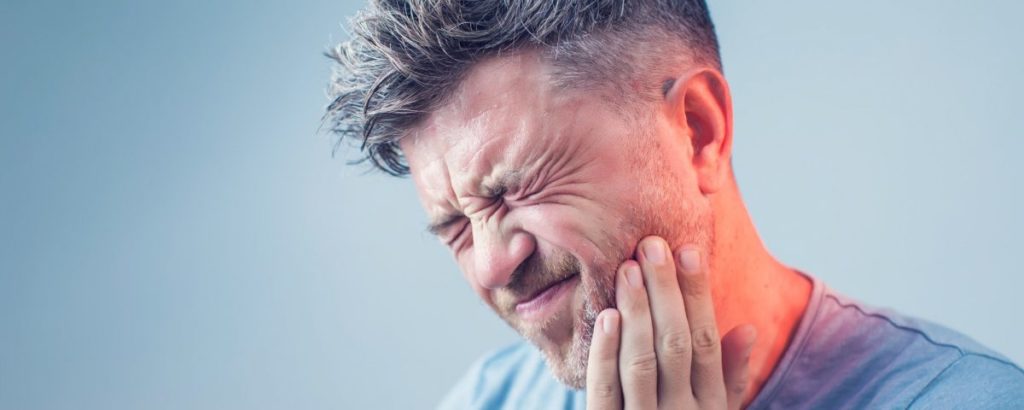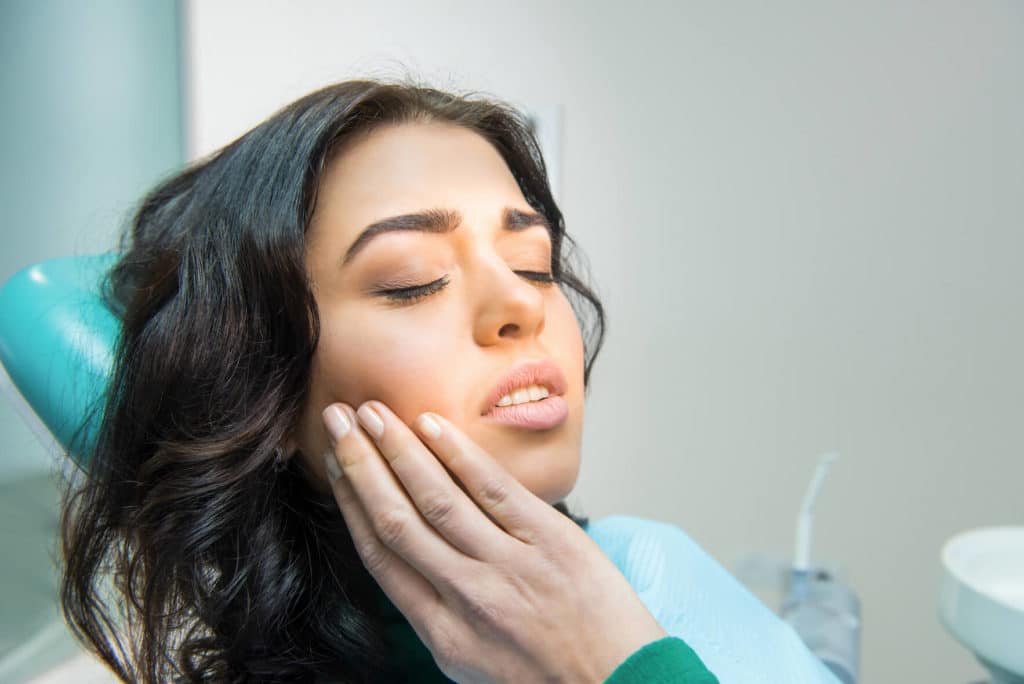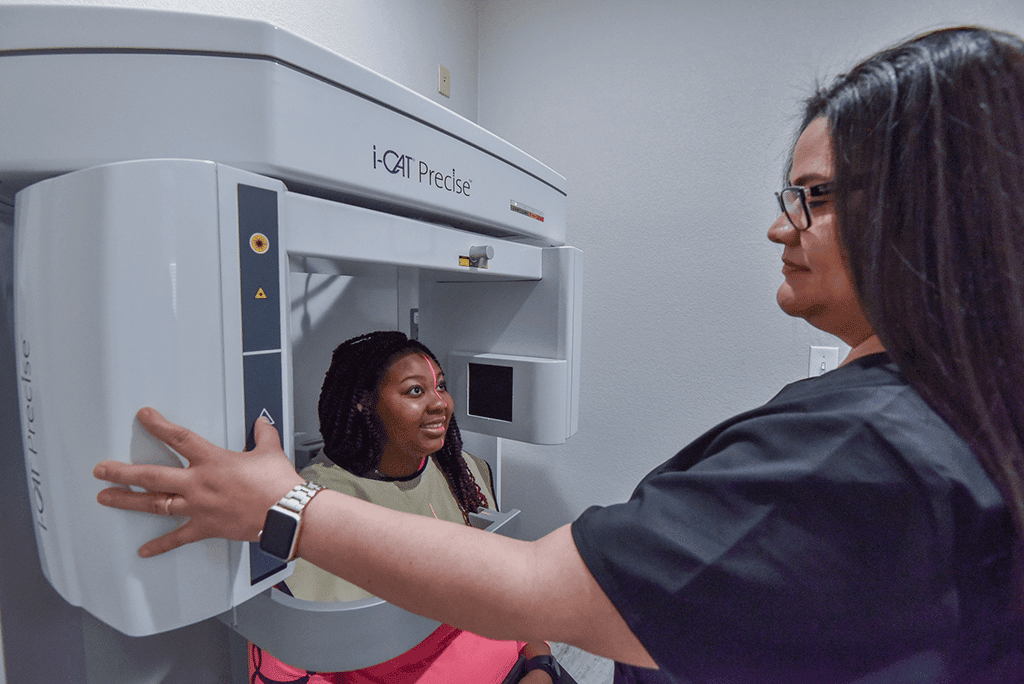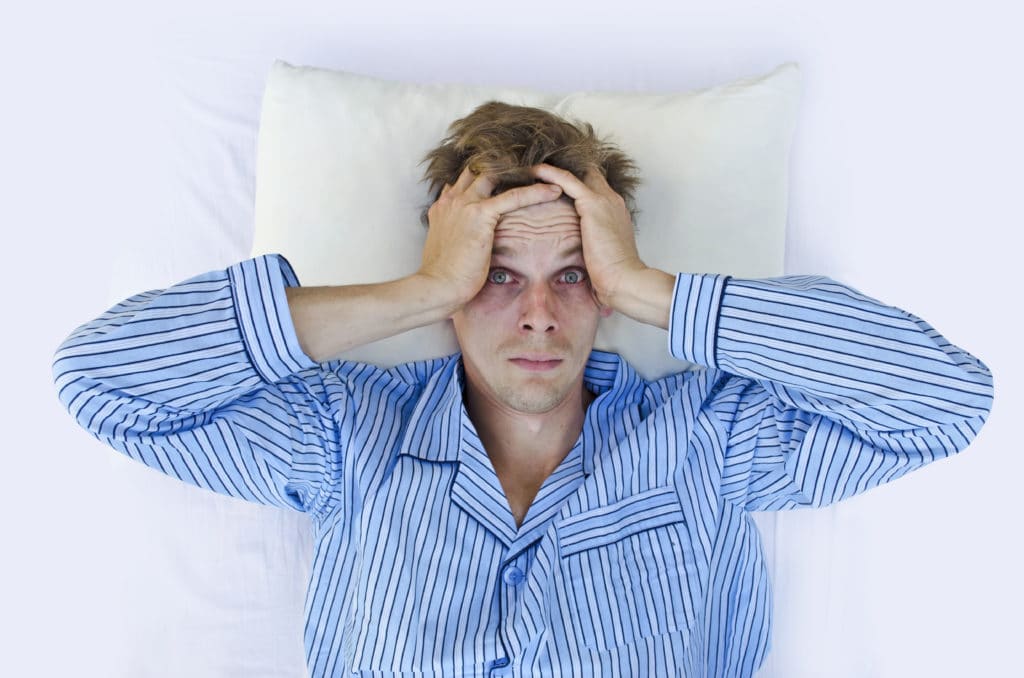
SLEEP APNEA TREATMENT IN DESOTO, TX
Rediscover a restful night’s sleep
Do you always feel tired or find your partner complaining you’re constantly snoring? Then it may be time to speak to a professional. But where should you turn first? Your doctor? A pulmonologist? Wrong! Your first port of call is in fact your local dentist!
At DeSoto Family Dentistry, our trusted dentist Dr. Varkey specializes in sleep apnea treatment in DeSoto, TX. His unique approach ensures that each patient receives the attention and care they deserve.
What is Sleep Apnea?
Sleep apnea is a potentially serious sleep disorder in which a person’s breathing repeatedly stops and starts during sleep. The most common type of sleep apnea is obstructive sleep apnea, which occurs when the throat muscles intermittently relax and block your airway during sleep. The most noticeable sign of obstructive sleep apnea is snoring.
Recognizing the Common Symptoms of Sleep Apnea
Sleep apnea is often difficult to diagnose because most of its common symptoms occur during sleep. It’s crucial to be aware of these signs and seek professional help if you experience several of them frequently. We urge you to pay attention to the following symptoms:
1. Loud and Chronic Snoring: This is the most common symptom of sleep apnea. It’s important to note that not everyone who snores has sleep apnea. However, if your snoring is paired with gasping or choking sounds, it could indicate this sleep disorder.
2. Exhaustion After a Full Night’s Sleep: Individuals with sleep apnea often wake up feeling tired, despite sleeping for an appropriate amount of time. This can be due to the disruption in the sleep cycle caused by apnea episodes.
3. Daytime Fatigue or Sleepiness: This symptom is a direct result of interrupted sleep at night. If you find yourself excessively sleepy or fatigued during the day, sleep apnea might be the culprit.
4. Difficulty Concentrating: Frequent disruptions in sleep can lead to difficulty with focus and concentration during daytime hours.
5. Morning Headaches: These are often a result of reduced oxygen levels in the blood during apnea episodes, which can cause dilated blood vessels and subsequently result in a headache.
6. Frequent Night-time Urination (Nocturia): This is a lesser-known symptom but can also be an indicator of sleep apnea.
7. Depression or Mood Changes: Sleep deprivation, a common occurrence in sleep apnea patients, can lead to feelings of depression, irritability, or other mood changes.
If you or a loved one is experiencing these symptoms, it’s crucial to seek professional assistance.
How We Identify Sleep Apnea
At DeSoto Family Dentistry, we follow a systematic approach to diagnosing sleep apnea. Dr. Varkey begins with a comprehensive review of your medical history and a discussion of your symptoms. This initial evaluation may involve a simple, yet critical questionnaire about sleep habits, quality of sleep, and daytime sleepiness.
Following this, Dr. Varkey conducts a thorough oral examination. He checks the mouth, throat, and teeth for any abnormalities or physical factors that could contribute to sleep apnea, such as enlarged tonsils or a recessed jaw that might obstruct the airway during sleep. He will also look for signs of bruxism, worn-down dental work, and a wide neck circumference.
If sleep apnea is suspected based on the clinical evaluation, patients are typically referred for a sleep study, which is the gold standard for diagnosing sleep apnea. Unlike traditional sleep studies, Dr. Varkey provides an at-home sleep study kit so you can take the test in the comfort of your own home. The sleep study monitors various functions during sleep including heart rate and oxygen levels in the blood. This comprehensive test can accurately determine the presence and severity of sleep apnea.
After a diagnosis is confirmed, Dr. Varkey takes a collaborative approach by consulting with sleep medicine specialists and your physician to develop a personalized sleep apnea treatment plan. The objective is always to alleviate symptoms, improve sleep quality, and prevent the potential health complications associated with untreated sleep apnea.
Importance of Treating Sleep Apnea
Left untreated, sleep apnea can lead to various health complications such as:
- High blood pressure
- Stroke
- Heart problems
- Diabetes
- Depression
- Worsening of ADHD
It also results in poor sleep quality, leading to daytime fatigue, irritability, and decreased productivity. As such, treating sleep apnea is crucial not just for the quality of your sleep, but also for your overall health.
Oral Sleep Appliances
As a leading expert in sleep apnea treatment, Dr. Varkey employs various dental solutions to help patients breathe easily and sleep better. These include oral appliance therapy, in which a device is worn in the mouth during sleep to prevent the airway from collapsing by holding the tongue in position or sliding the patient’s jaw forward to open up the airway.
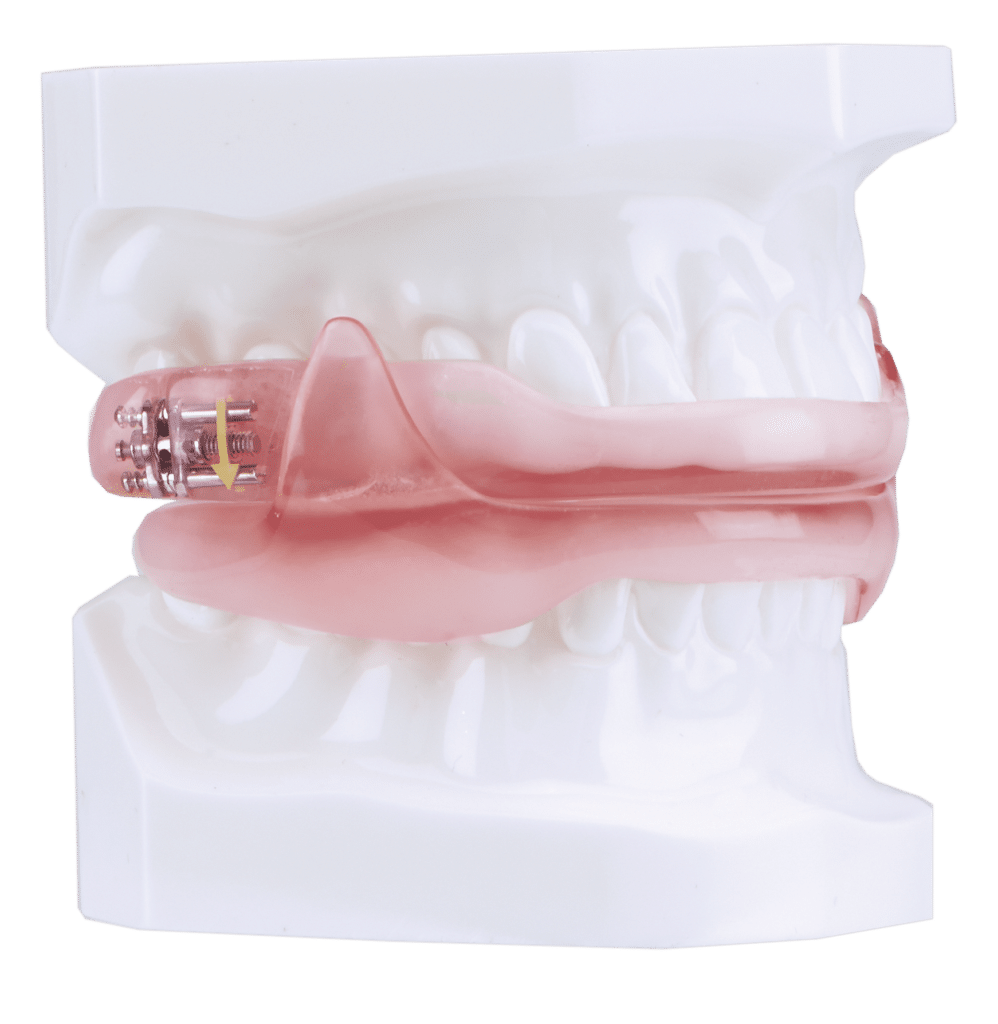
Unlike CPAP equipment that forces air into your lungs, an oral sleep appliance opens your airway naturally. When you wear your oral sleep apnea appliance, there’s no bulky equipment to get in the way of a restful night’s sleep. Instead, you can breathe normally and see an improvement in your sleep quality as quickly as the very first night you use your device.
As a leading expert in sleep apnea treatment, Dr. Varkey employs various dental solutions to help patients breathe easily and sleep better. These include oral appliance therapy, in which a device is worn in the mouth during sleep to prevent the airway from collapsing by holding the tongue in position or sliding the patient’s jaw forward to open up the airway.
Advantages of Oral Sleep Apnea Appliances
- Discreet
- Quiet
- Doesn’t bother others around you
- Easy to travel with
- Can be combined with CPAP
- Ideal for obstructive sleep apnea (OSA)
- May eliminate the need for a CPAP
Why Choose DeSoto Family Dentistry for Sleep Apnea Treatment
Dr. Varkey is personally invested in your sleep apnea treatment because his very own family was deeply affected by this common sleep disorder. Dr. Varkey lost his dad to a heart attack linked to untreated sleep apnea, so he is dedicated to finding solutions that will restore your health and sleep quality.
Our sleep apnea treatment in DeSoto, TX is tailored to meet your unique needs, ensuring an effective, comfortable solution. Dr. Varkey will work closely with your specialist physician to determine the best course of action for your case.
Common Questions about Sleep Apnea Treatment
Q: What symptoms suggest that I may need sleep apnea treatment?
A: Symptoms of sleep apnea include loud snoring, waking up with a dry mouth or sore throat, morning headaches, insomnia, excessive daytime sleepiness, attention problems, and irritability.
Q: How can a dentist help with sleep apnea?
A: A dentist, like Dr. Varkey, who is trained in sleep medicine can provide oral appliance therapy. This therapy involves custom-fitted oral devices that help keep the airway open during sleep, hence reducing sleep apnea symptoms. You can read more about how dentists can screen for sleep apnea here.
Q: Is oral appliance therapy comfortable?
A: Yes, oral appliance therapy is comfortable. The devices are custom-made to fit your mouth and should not cause discomfort.
Q: How soon can I expect results from the treatment?
A: Results from sleep apnea treatment can often be noticed within a few days to a week of starting therapy. However, the exact timeframe can vary from person to person.
Q: Are there any side effects of oral appliance therapy?
Side effects are generally minor and temporary. They may include excessive salivation, dry mouth, or mild discomfort.
Q: Does insurance cover sleep apnea treatment?
A: Many insurance plans do cover sleep apnea treatment. We recommend checking with your insurance provider for the specifics of your coverage.
Get Help for Sleep Apnea in Desoto, TX
If you or a loved one suffers from sleep apnea, we invite you to schedule a consultation with Dr. Varkey at DeSoto Family Dentistry. We are committed to providing the best sleep apnea treatment in town and helping our patients lead healthier, happier lives.
Get a Healthy Smile Today!
Contact us & plan your visit
To schedule a visit, fill out our appointment request form or call our office. We’re looking forward to seeing you!
